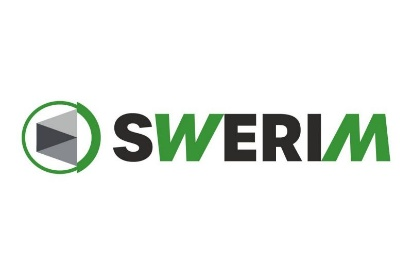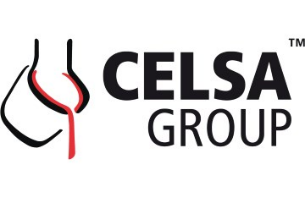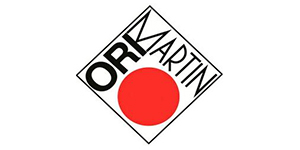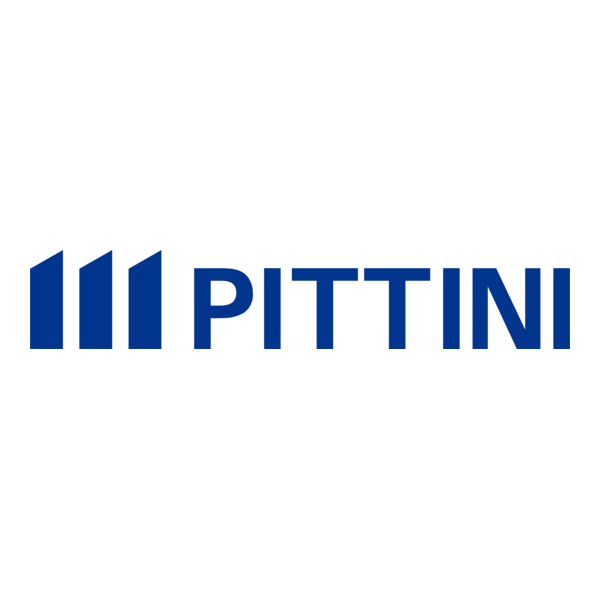Valorization of wet biomass residues for sustainable steel production with efficient nutrient recycling
BioReSteel
BioReSteel will develop a novel concept for biocarbon production suitable and optimized for the EAF steelmaking process. Instead of producing biochar from high grade and high value biomass resources (e.g., forest wood), BioReSteel focuses on exploring, developing, and utilizing hydrochar (one type of biocoal), derived from various locally available biomass residues via the hydrothermal carbonization. This technology is suitable for low value, wet materials which are not valorized (mainly land-filled) currently, due to its properties.
The challenge is the adaption of the pristine materials to the requirements of the steelmaking process. The concept will be proven by the laboratory test, validated by pilot trials and short-term industrial trials. In addition, the phosphorus (undesired for steelmaking) extracted will be used as fertilizer, which adds a second value-chain, optimizes process economics, and contributes to the sustainability of the overall process.
List of partners:
Swerim AB (Sweden), SSAB (Sweden), Universitat Politècnica de València - Instituto de Tecnología Química (UPV-ITQ, Spain), Ingelia (Spain), Celsa (Spain), Pittini (Italy), RINA-CSM (Italy), ORI-Martin (Italy)

Funding Agency
RFCS
Beginning and End Dates
October 2024 to March 2027
Contacts
Other information
More information is available on the project website: bioresteel.eu/









